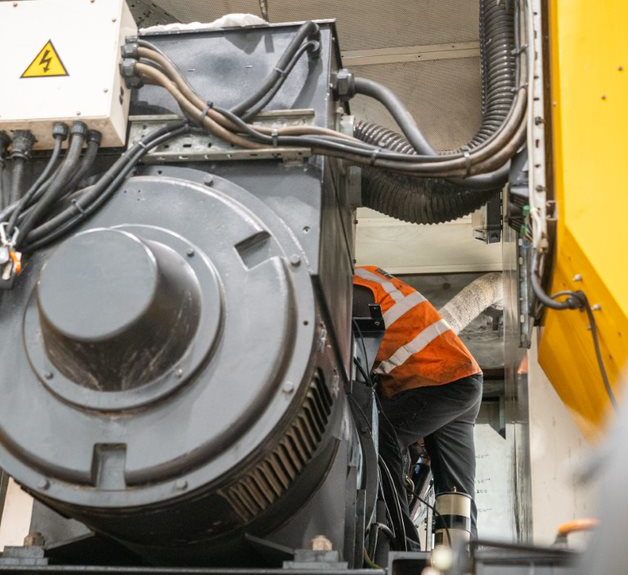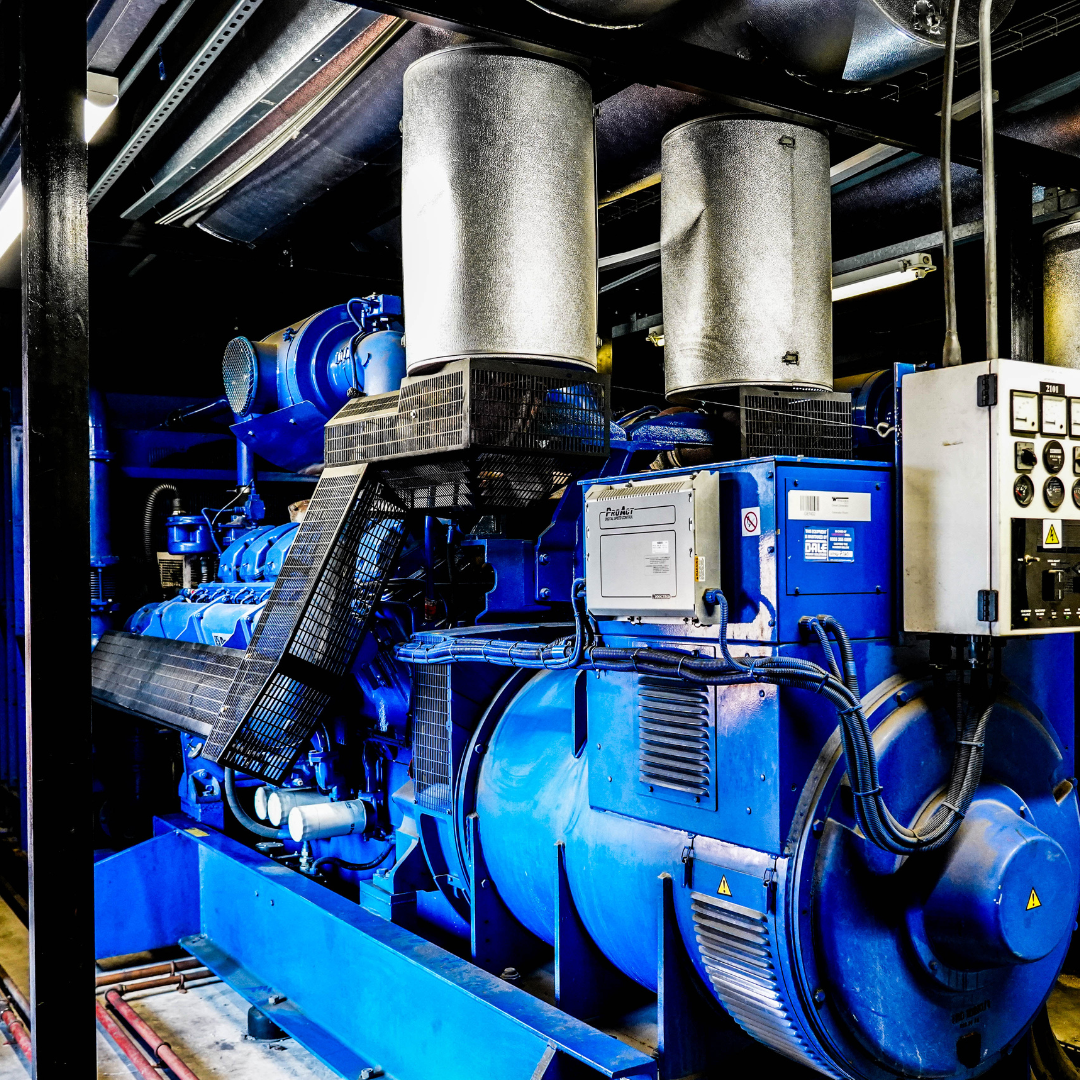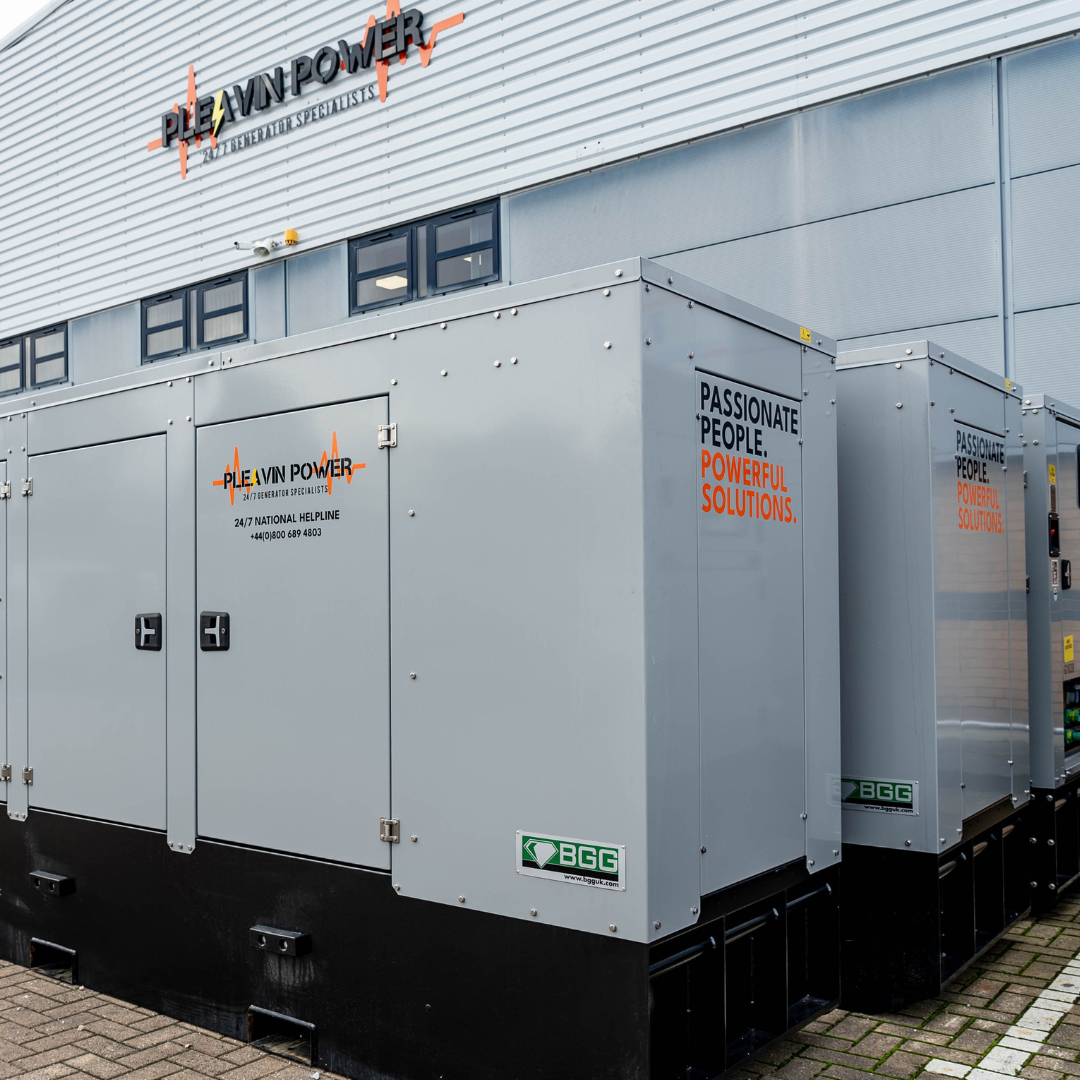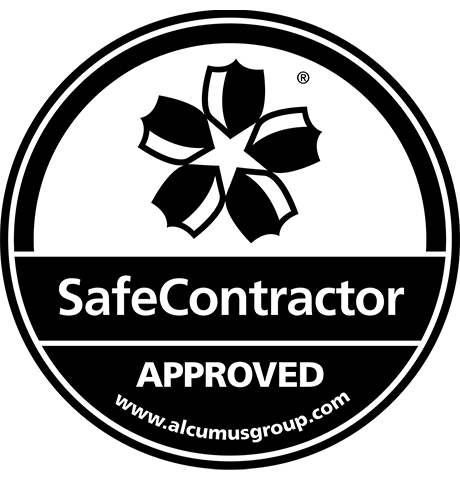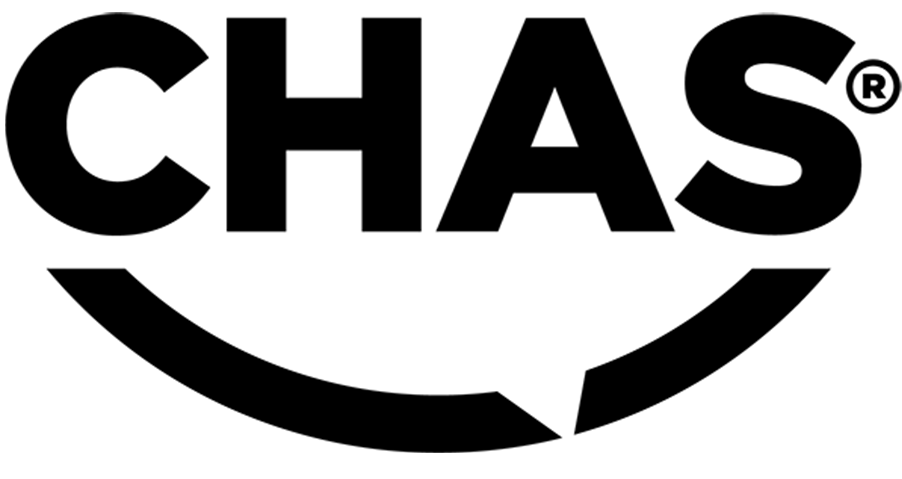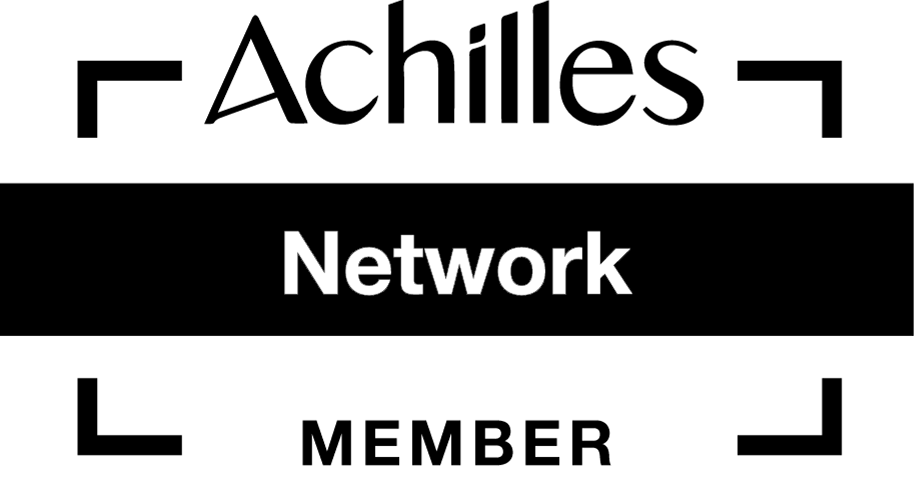There are a variety of reasons why you may want to purchase a generator. For example, if you’re looking to run a job site, you may need an emergency power supply in case the main power source runs out or you are looking to use it recreationally.
There’s a variety of reasons you may need one and there’s a lot you need to consider when purchasing a generator. Our experts have put together a list of things you need to consider when buying a generator.
Power And Outlets
When you are considering what generator to buy to fulfil your needs, the first thing you have to think about is what size of generator you are going to use. This means you need to fully understand how much power you are going to need.
For example, your fridge may need 750 watts to run, but you will need to take into count what start-up power it needs to run. It may need from 2000+ watts for start-up power so pay attention not only to what watts it needs to run but to get your appliances fully started up.
Once you’ve understood what power you are going to need for your job at hand, it’s important to know what outlets you need. Smaller portable generators will only usually have a few 120V AC outlets paired with a couple of USB ports for you to use.
Once you start increasing your watts, you will notice that outlets start to change to 240V plugs alongside your 120V outlets once you move up to 4000+ watts.
If you are thinking of having an electrician wire your portable generator directly into a panel, you are going to require a 240V plug. If you are using your generator on outdoor premises, you are also required to look for a plug that is GFCI protected.
THD And Clean Power
If you are going to run electrical equipment on your portable generators, such as computer monitors, laptops or even lab equipment – the waveform from the appliances is very significant.
To avoid damaging your electrical circuits, you will need a total harmonic distortion of less than 6 percent. Often referred to as ‘clean power’ due to being a more stable and predictable level of voltage. These are often to be more pricey and expensive.
Occasional Or Consistent Use?
If you are looking to consistently use your portable generator, you should be looking for a customer warranty guarantee that covers your equipment for many years should it come to fail over time.
If you are after a portable generator for emergency uses or the odd recreational use e.g. a camping trip then any reputable brand from a solid dealership such as Pleavin Power should do the job perfectly for you.
However, if you are running a big job that is going to need a generator every day to power it, you are best off looking for a generator model with a commercial engine.
This type of engine will be a much better fit, these also come with a longer warranty guarantee than your average portable generator. The only possible downside is that these are typically more expensive but if you are looking for high-quality then you shouldn’t skimp on prices.
Fuel Types
A Gas Generator is by far the most common that you will come across in the industry. Diesel generators give you a much better fuel efficiency depending on whether you are willing to pay and make the upgrade. If you are looking to power your household then hiring a diesel generator is the best for you.
Fuel Tank
The bigger your fuel tank is, the longer you can go without refilling the tank. That just goes without saying. Most generators that you will find will give you a run time of anything 5-9 hours at a 50 percent load.
You will be able to run for a longer time if you are using a lower percentage of its power and you will notice a shorter tank life when bumping up your power to its highest.
If you are given the chance between choosing a larger fuel tank, then I’d always go with a larger fuel tank to give you a longer power life with your appliances.
Noise Life
A big thing that people look for is how loud a generator is when using it, no one likes to hear their own thoughts drowned out, and that’s why a lot of smaller generators have the option of a quiet design.
If you are looking to use it in your house in an emergency or out camping in a place that allows generators, a feature like this will have your neighbours very appreciated.
The Differences Between A Standby And Portable Generators
You may have heard of two generators, a standby generator and a portable generator. A standby generator is permanently installed equipment like a central-air condition system. The engine on a standby generator runs on propane or natural gas.
Whereas a portable generator is small and easily transportable that has a petrol engine. It can easily be wheeled around the house and plugged into the transfer switch if you have one and it can also be easily connected to electrical loads through heavy-duty electrical cords.
Should I Get A Portable Generator Or Standby
There are two things you should take into consideration when choosing between a portable generator and a standby generator. What are your requirements and the price you can afford to pay?
Portable chargers are a lot cheaper than your standby generators and they already come with built-in outlets to direct extension cords, which is perfect if you haven’t installed a transfer switch.
If you are looking for something that you move around with you in times of need, effective and cost-friendly then a portable charger is probably the best option for you as it can easily power most of your appliances and it doesn’t come with the installation prices that you may find with hiring standby generator.
At Pleavin Power, we offer many different generators that you can hire nationwide.

